Are you aware that some foods can be harmful or even dangerous when kept in metal containers? We explore 10 everyday foods that can react negatively with metal, possibly affecting their taste, quality, or safety.
From acidic ingredients to oily dishes, we’ll explain why these items are better off in alternative storage options. Keep your meals fresh, your containers safe, and your health in check by avoiding these food-storage mishaps!
1. Tomatoes
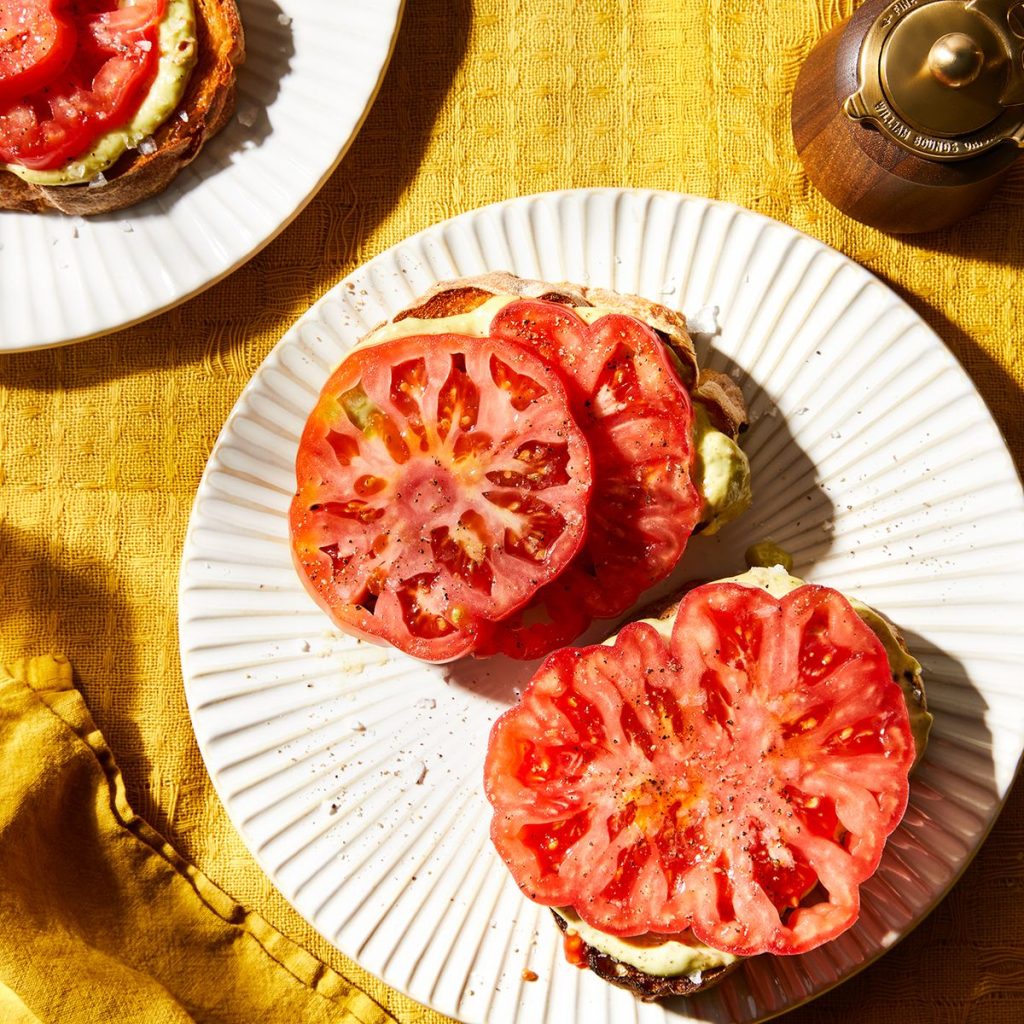
Tomatoes are highly acidic, which makes them unsuitable for storage in metal containers. The acid in tomatoes can react with the metal, causing a metallic taste and potentially affecting the flavor and quality of the tomatoes. This reaction can also lead to the breakdown of the food’s nutritional content. It’s best to store tomatoes in glass, plastic, or ceramic containers that won’t react with their acidity.
2. Citrus Fruits
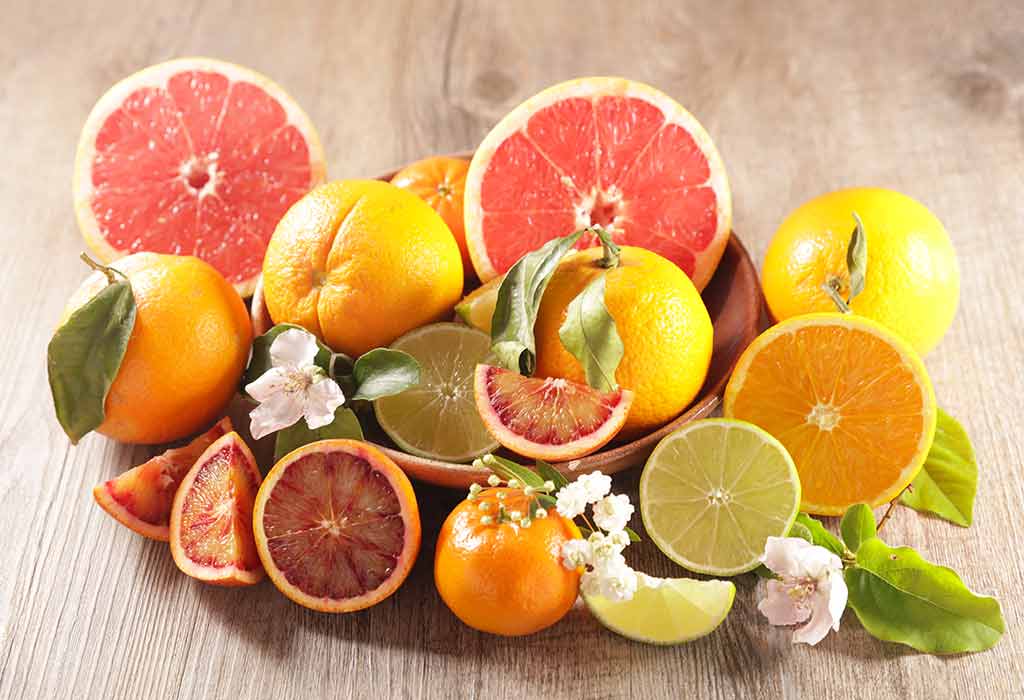
Citrus fruits, such as oranges, lemons, and limes, are also acidic and can interact negatively with metal. The acidity in citrus fruits can cause the metal to corrode, leading to a sour or metallic taste that ruins the fresh flavor. To keep citrus fruits fresh, store them in breathable produce bags, wooden bowls, or other non-reactive containers that allow for proper airflow and moisture retention.
3. Vinegar
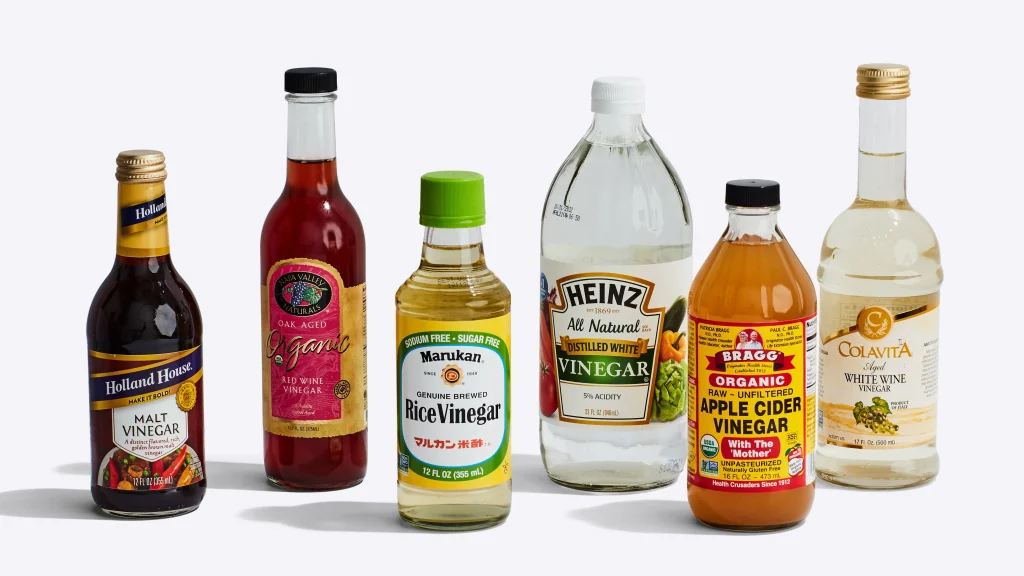
Vinegar is another highly acidic food that should not be stored in metal containers. The high acidity can cause a reaction with the metal, which can alter the vinegar’s taste and cause rusting in the container. To preserve the quality of vinegar, store it in glass bottles or ceramic jars. This will help maintain its sharp, tangy flavor and extend its shelf life.
4. Sauerkraut
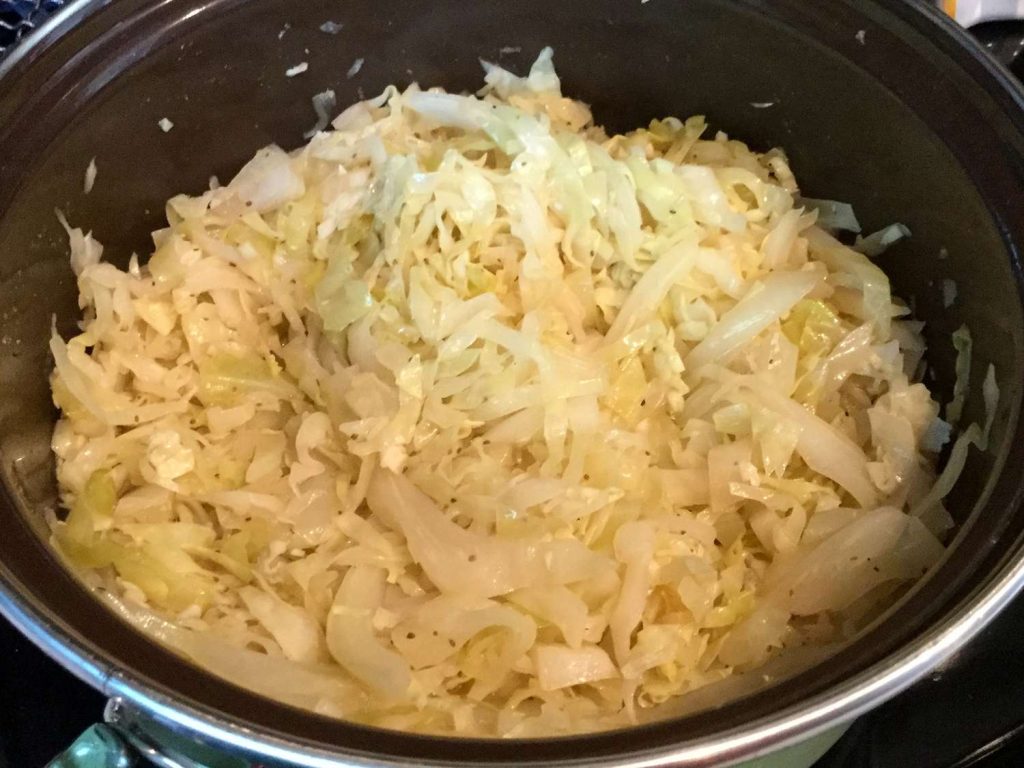
Sauerkraut and other fermented foods are naturally acidic and should never be stored in metal containers. The acid in the sauerkraut can react with the metal, leading to rust and spoilage. Metal containers can also interfere with the fermentation process, which is critical for the preservation of these foods. Glass jars or food-grade ceramic containers are the best options for storing sauerkraut to maintain its crisp texture and flavor.
5. Pickles
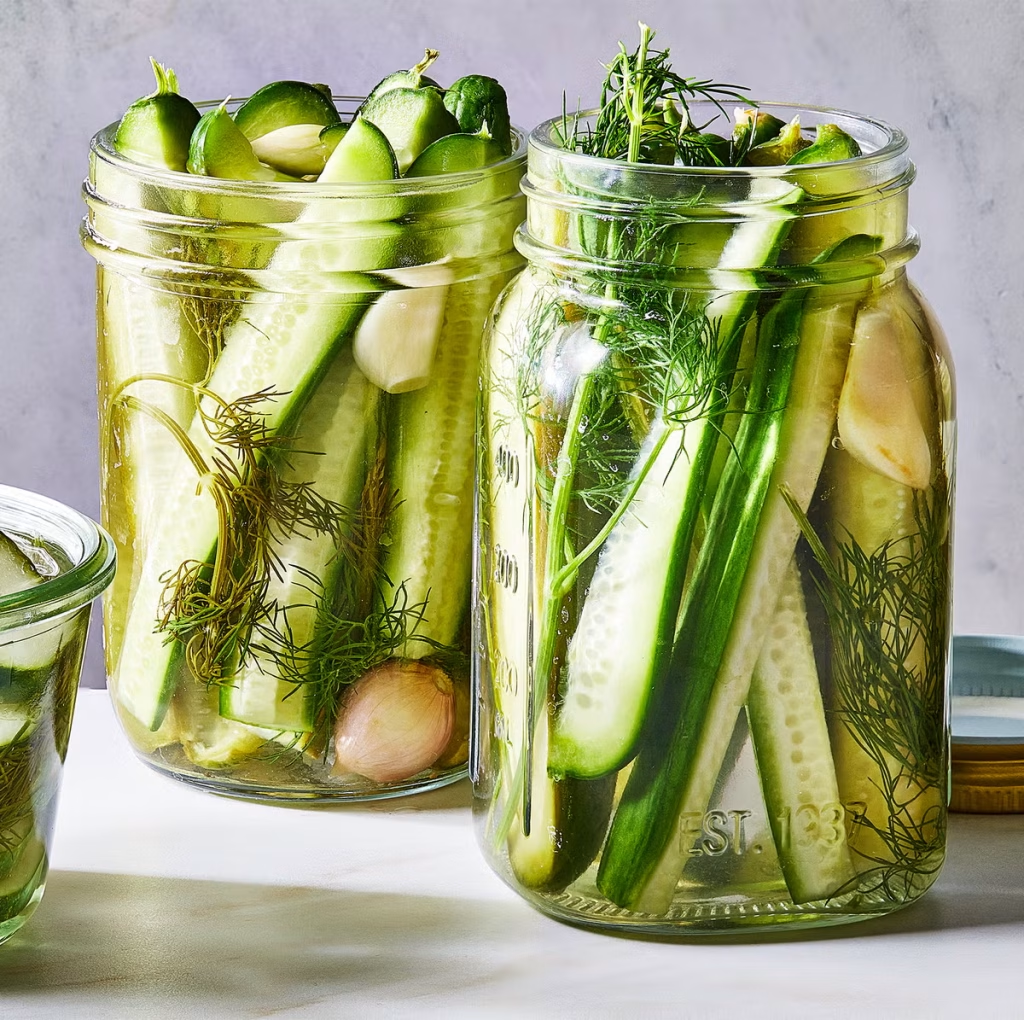
Similar to sauerkraut, pickles are stored in a brine solution that contains vinegar and other acidic ingredients. Metal containers can cause the brine to react, affecting the taste and quality of the pickles. Using non-reactive containers such as glass jars or food-safe plastic will ensure your pickles stay crisp, fresh, and free from off flavors. This also helps preserve the tangy brine without corrosion or contamination.
6. Dairy Products
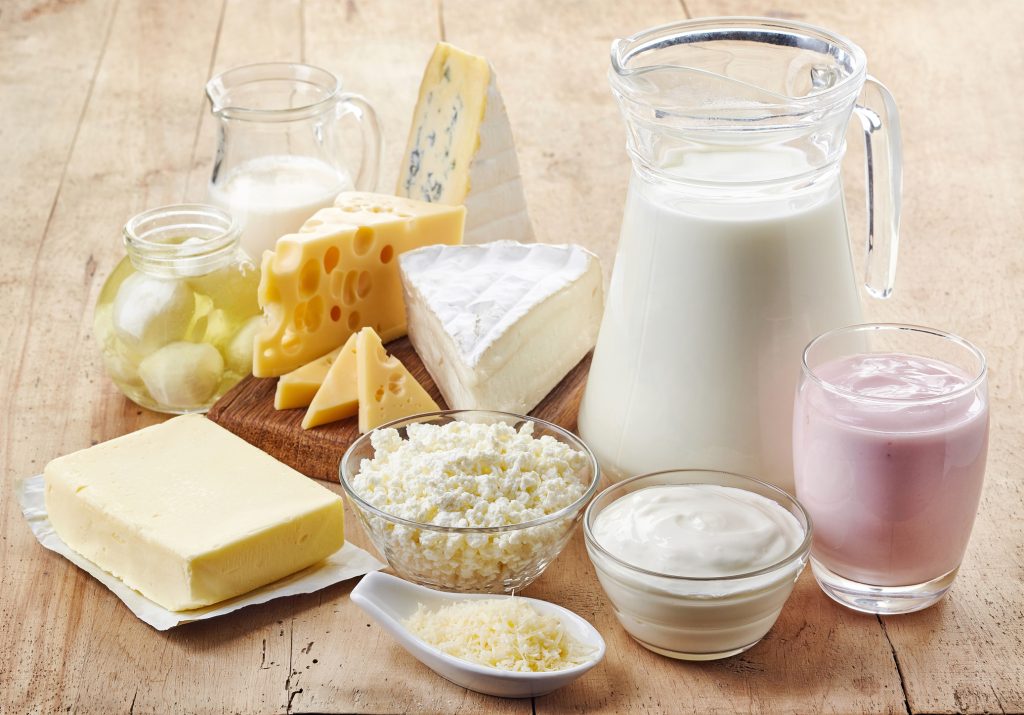
Dairy products such as milk, cream, and cheese should never be stored in metal containers because they can interact with the metal and develop a rancid or sour taste. Metal containers can also promote bacterial growth, compromising the freshness of the dairy. Always store dairy in glass or plastic containers that are sealed properly to maintain flavor and prevent spoilage.
7. Olive Oil
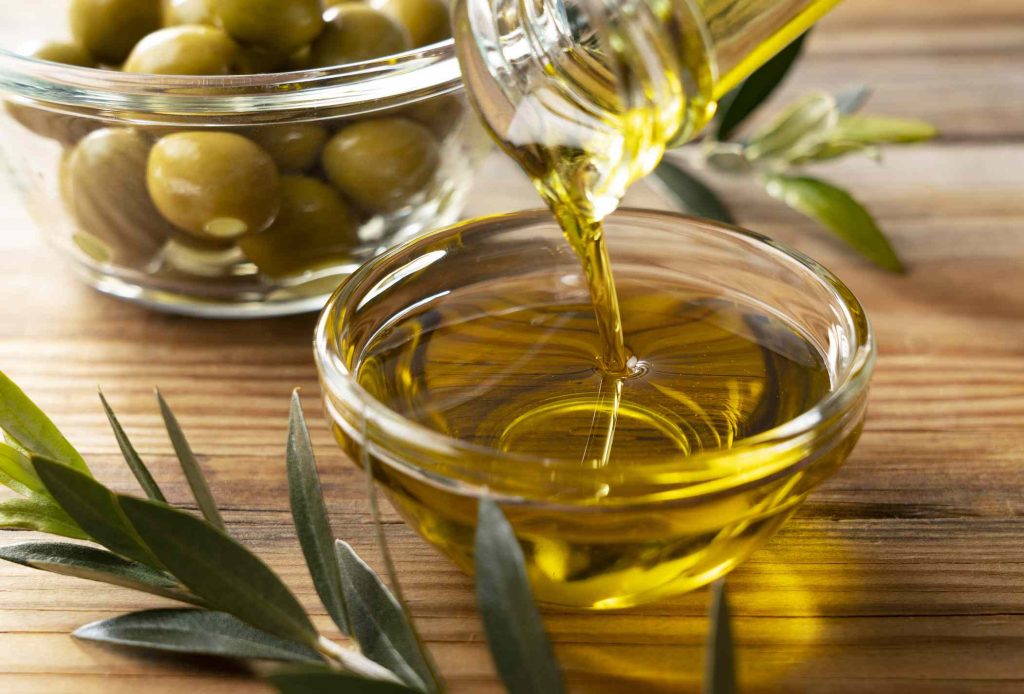
Olive oil can degrade when stored in metal containers, as the metal reacts with the oil, leading to oxidation. This reaction not only reduces the oil’s shelf life but can also cause a rancid taste. For optimal freshness, store olive oil in glass containers with dark coloring to protect it from light and heat. Keep it tightly sealed to prevent air from spoiling the delicate oil.
8. Honey
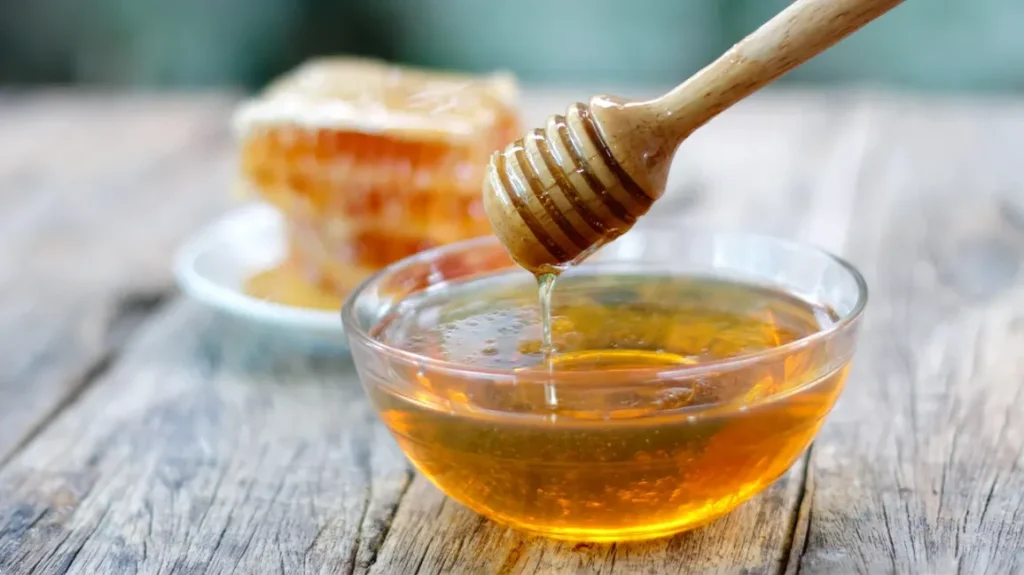
Storing honey in metal containers is not ideal because honey is naturally acidic and can cause a reaction with the metal over time. This may affect the taste of the honey and lead to discoloration. To preserve honey’s natural sweetness and flavor, store it in glass jars or ceramic containers. This ensures the honey stays fresh and prevents any metallic aftertaste.
9. Salt
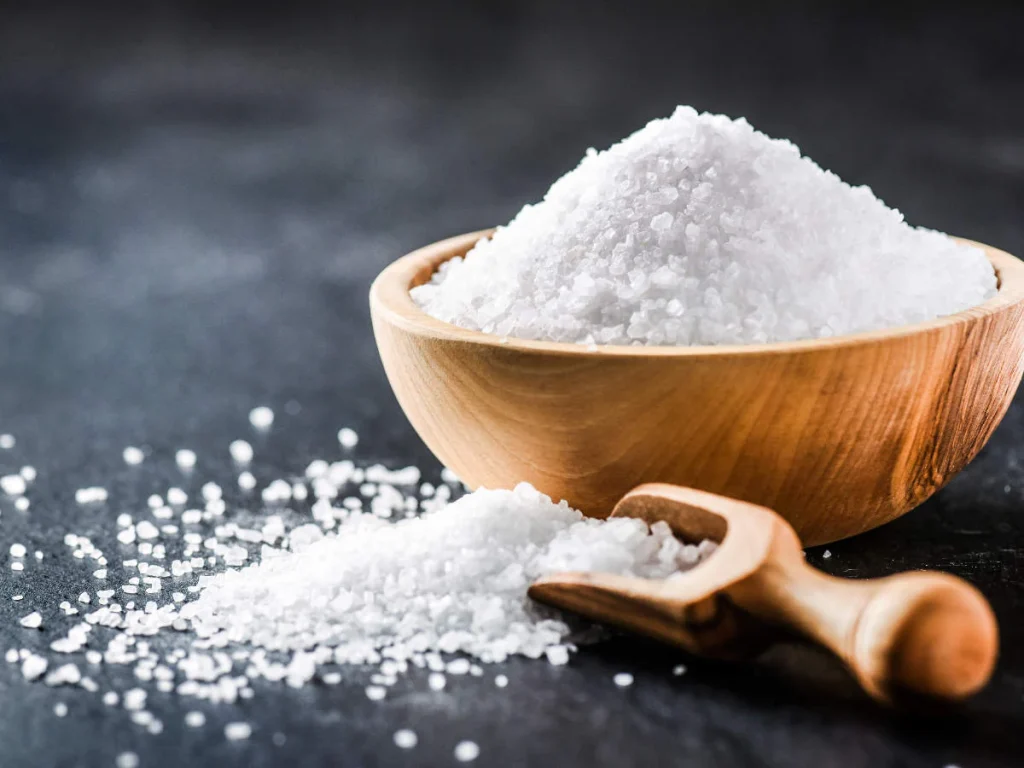
While salt itself doesn’t react with metal, storing it in metal containers for long periods can lead to moisture buildup and rust, which can affect the quality of the salt. Excess moisture can cause the salt to clump and lose its free-flowing texture. To prevent this, store salt in airtight glass or ceramic containers that keep it dry and ready for use without the risk of contamination.
10. Baking Soda
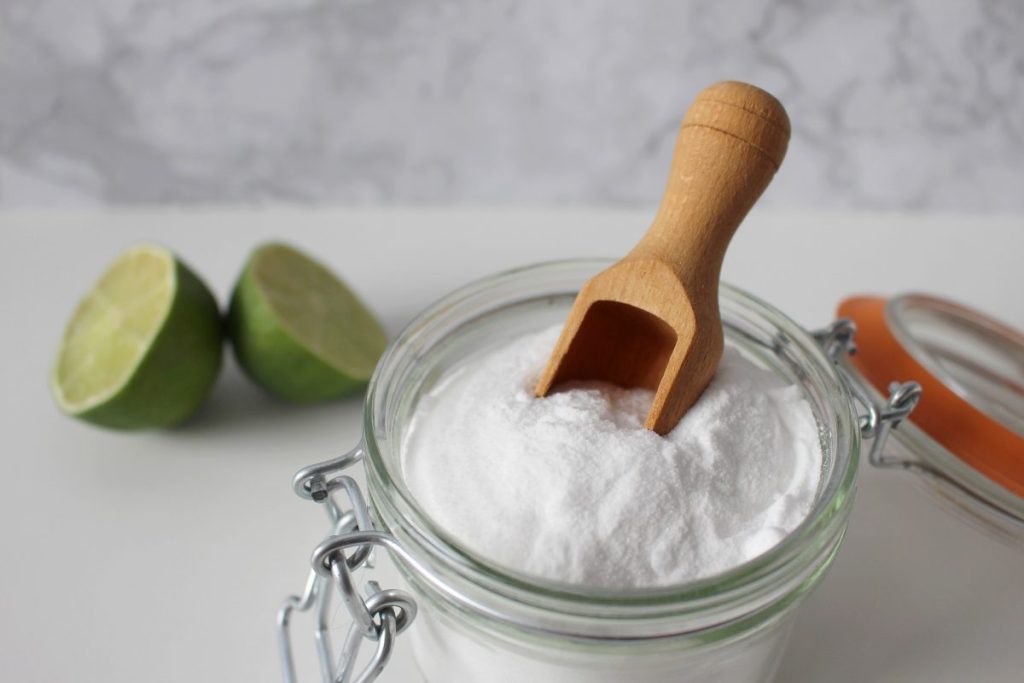
Baking soda can easily absorb odors from its surroundings, especially if stored in a metal container. Metal can impart unwanted flavors or odors to baking soda, altering its effectiveness and causing it to lose its freshness. For best results, store baking soda in a glass or plastic container with a tight-fitting lid to keep it odor-free and maintain its potency for baking and cleaning purposes.
Leave a comment